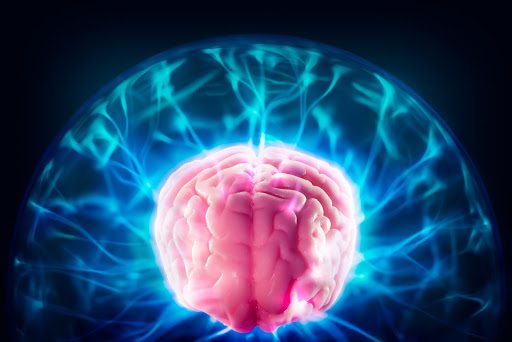How Depression affects the Brain
Depression is a debilitating mental illness that can significantly affect a person's quality of life. It can cause a variety of physical, emotional, and cognitive symptoms, which can impact a person's ability to function normally. While the causes of depression are still not fully understood, it is clear that the condition has a significant impact on the brain. In this article, we will explore the ways in which depression affects the brain.
- Changes in Brain Structure
Studies have shown that depression can cause changes in the structure of the brain. Specifically, the hippocampus, which is the part of the brain responsible for memory and learning, has been found to be smaller in individuals with depression. Additionally, the prefrontal cortex, which is responsible for decision-making, attention, and impulse control, has also been found to be smaller in individuals with depression.
These changes in brain structure may be a result of the chronic stress that often accompanies depression. Chronic stress can cause the release of cortisol, a hormone that can damage brain cells over time. This can lead to a decrease in brain volume and a reduction in the number of neurons in the hippocampus and prefrontal cortex.
- Neurotransmitter Imbalance
Neurotransmitters are chemicals in the brain that help to regulate mood, behavior, and other cognitive functions. Depression is associated with an imbalance of certain neurotransmitters, including serotonin, dopamine, and norepinephrine.
Serotonin is often referred to as the "feel-good" neurotransmitter because it helps to regulate mood, sleep, and appetite. Individuals with depression often have lower levels of serotonin, which can contribute to feelings of sadness and hopelessness.
Dopamine is another neurotransmitter that is involved in regulating mood and pleasure. Low levels of dopamine have been linked to anhedonia, or the inability to experience pleasure.
Norepinephrine is a neurotransmitter that is involved in the body's stress response. Low levels of norepinephrine can contribute to feelings of fatigue and lethargy.
- Disrupted Neural Pathways
Depression can also cause disruptions in neural pathways in the brain. Neural pathways are the connections between different parts of the brain that allow for communication and the transfer of information.
Studies have found that individuals with depression have disrupted neural pathways in the prefrontal cortex, amygdala, and hippocampus. These disruptions can contribute to the cognitive symptoms of depression, such as difficulty concentrating, memory problems, and a lack of motivation.
- Inflammation
Inflammation is the body's natural response to injury or infection. However, chronic inflammation has been linked to a variety of health problems, including depression.
Studies have found that individuals with depression have higher levels of inflammatory markers in their blood, such as C-reactive protein (CRP) and interleukin-6 (IL-6). Inflammation can contribute to the structural changes in the brain associated with depression, as well as the neurotransmitter imbalances and disruptions in neural pathways.
Conclusion
Depression is a complex mental illness that can significantly affect the brain. It can cause changes in brain structure, neurotransmitter imbalances, disrupted neural pathways, and inflammation. While the causes of depression are still not fully understood, research has helped to shed light on the ways in which the condition affects the brain. By better understanding the brain changes associated with depression, researchers may be able to develop more effective treatments for this debilitating condition.





0 Comments